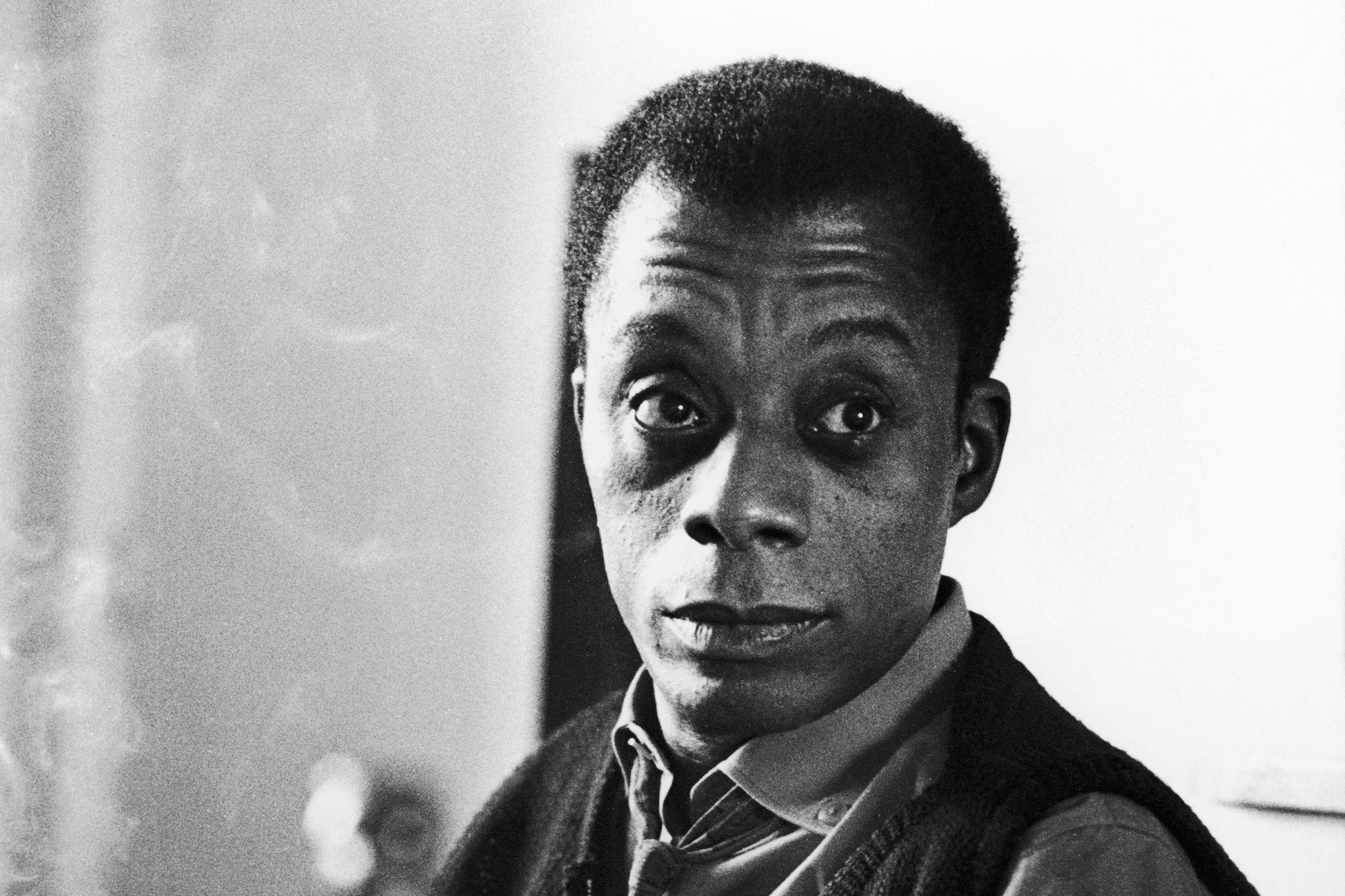Giovanni’s Room
Back of the Book
In the 1950s Paris of American expatriates, liaisons, and violence, a young man finds himself caught between desire and conventional morality.
David is a young American expatriate who has just proposed marriage to his girlfriend, Hella. While she is away on a trip, David meets a bartender named Giovanni to whom he is drawn in spite of himself. Soon the two are spending the night in Giovanni’s curtainless room, which he keeps dark to protect their privacy. But Hella’s return to Paris brings the affair to a crisis, one that rapidly spirals into tragedy.
David struggles for self-knowledge during one long, dark night—“the night which is leading me to the most terrible morning of my life.” With a sharp, probing imagination, James Baldwin's now-classic narrative delves into the mystery of loving and creates a deeply moving story of death and passion that reveals the unspoken complexities of the human heart.
Why You Should Read It
James Baldwin’s narrative is filled with a refined yearning that is reminiscent of the atmosphere of Paris itself. The dinginess is not spared the readers, but neither is the romance in this rainy modern classic that remains heartbreaking decades after its initial publication. Capturing the essence of a gritty underground Paris and the flourishes of a first and intense queer love, Giovanni’s Room’becomes an instant classic for its production of the experience of great (and painful) love. The titular Giovanni burrows pityingly into the reader’s heart to mangle it, just as he does into David’s own—read it to learn more about your own capacity to love and be loved.
Memorable Passage
For I am—or I was—one of those people who pride themselves in on their willpower, on their ability to make a decision and carry it through. This virtue, like most virtues, is ambiguity itself. People who believe that they are strong-willed and the masters of their destiny can only continue to believe this by becoming specialists in self-deception. Their decisions are not really decisions at all—a real decision makes one humble, one knows that it is at the mercy of more things than can be named—but elaborate systems of evasion, of illusion, designed to make themselves and the world appear to be what they and the world are not. This is certainly what my decision, made so long ago in Joey’s bed, came to. I had decided to allow no room in the universe for something which shamed and frightened me. I succeeded very well—by not looking at the universe, by not looking at myself, by remaining, in effect, in constant motion.
About the Author
James Baldwin (1924–1987) was an influential American novelist, essayist, and social critic whose eloquent and unflinching exploration of race, sexuality, and identity continues to resonate with readers across generations. Born in Harlem, Baldwin's groundbreaking works, including Go Tell It on the Mountain and The Fire Next Time, delve into the complex interplay between race and religion in America. As a prominent figure in the civil rights movement, Baldwin's essays, such as "The Fire Next Time," became essential texts that confronted systemic racism and advocated for social justice. His literary achievements, marked by exquisite prose and profound insights into the human condition, earned him acclaim both nationally and internationally. James Baldwin is worth knowing for his enduring impact on literature and his fearless engagement with the pressing social and political issues of his time, leaving an indelible legacy that continues to shape conversations about race, equality, and the American experience.
Further Reading
“James Baldwin’s Giovanni’s Room: an Antidote to Shame” by Garth Greenwell, The Guardian
“The Unsparing Confessions of ‘Giovanni’s Room’” by Colm Toíbín, The New Yorker
Recommended By
Christie Tyler & Anaïs Ngbanzo & So Textual’s READ THIS Newsletter


